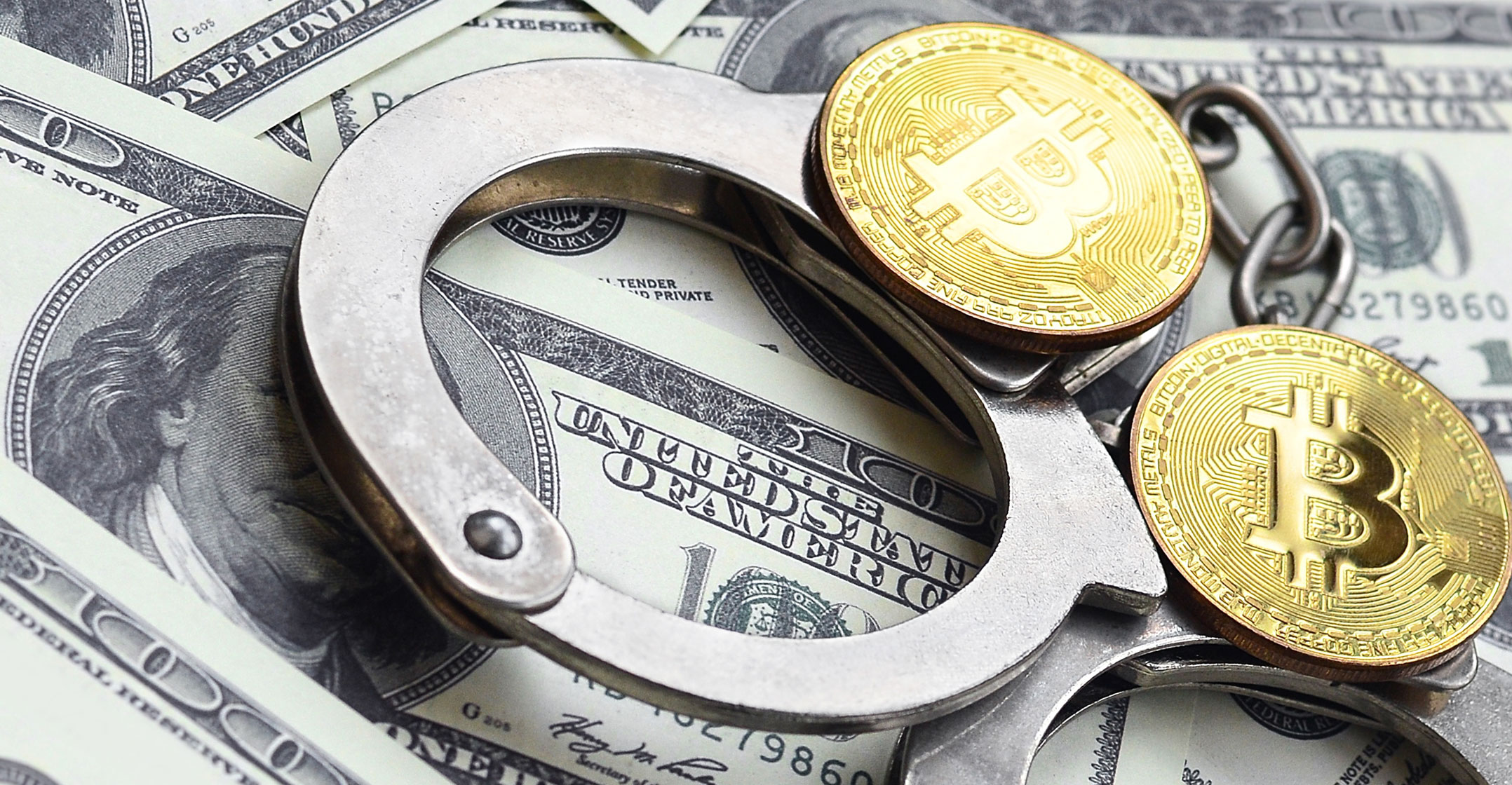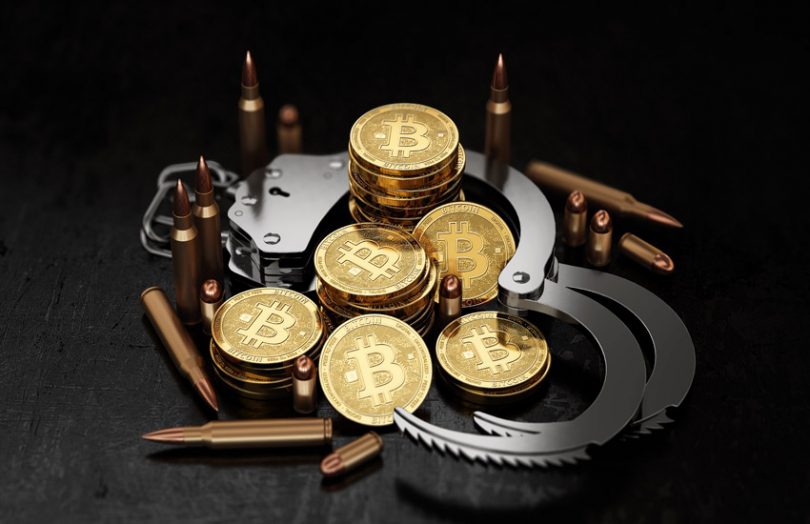U.S. Attorney Trini E. Ross announced that Nikita Andreevich Sklyuev, also known as Valeriy Dorojkin, a 37-year-old from Uzbekistan, has been extradited from Ukraine and arraigned on charges of wire fraud and fraudulent use of an unauthorized access device in connection with a $11.8mn cryptocurrency theft. These charges carry a maximum penalty of 20 years in prison and a $250,000 fine.

Assistant U.S. Attorney Douglas A. C. Penrose, who is handling the case, stated that according to the indictment, in June 2018, Sklyuev submitted a computer software application called "EOSIO Wallet Explorer" to Apple, intending for it to be sold through the Apple App Store.
The EOSIO Wallet Explorer purported to be a cryptocurrency wallet but was actually a malicious application designed to steal users' private keys, thereby giving Sklyuev access to their cryptocurrency funds.
In September 2018, an individual in the Western District of New York (referred to as the Victim) purchased and installed the EOSIO Wallet Explorer on his iPhone. Once the Victim entered his private key following the installation, Sklyuev gained unauthorized access to the Victim's cryptocurrency wallet, which contained more than 2mn worth of EOS cryptocurrency, valued at $11.8mn at the time.

On September 25, 2018, Sklyuev changed the private key to the Victim's wallet, resulting in the Victim losing all control and access to his funds. In February 2019, Sklyuev transferred the EOS cryptocurrency from the Victim's wallet to numerous other online wallets under his control.
Sklyuev was arraigned this morning before U.S. Magistrate Judge Jeremiah J. McCarthy and is being held pending a detention hearing on July 3, 2024. His arraignment follows the successful June 20, 2024 extradition from Ukraine. The Justice Department's Office of International Affairs worked with Romanian and Ukrainian authorities to secure his arrest and extradition.
The indictment results from an investigation by the Federal Bureau of Investigation, under the direction of Special Agent-in-Charge Matthew Miraglia, and the U.S. Marshals Service, under the direction of Marshal Charles Salina.
The assertion that a defendant has been accused of a crime is simply an allegation, and the defendant is considered innocent unless and until proven guilty.
Cryptocurrency in Uzbekistan
Uzbekistan has implemented comprehensive regulations to license and oversee cryptocurrency activities within its borders. The country has issued licenses to various crypto-related entities such as exchanges, depositories, and stores, aiming to enhance transparency and legitimacy in its cryptocurrency sector. This regulatory framework is anticipated to bolster investor confidence and foster growth in Uzbekistan's digital asset market.
Additionally, the Uzbekistan cryptocurrency market is forecasted to expand by 11.99% from 2024 to 2028, reaching a volume of US$36.3mn by 2028. Crypto assets are officially recognized and regulated, though they are not considered legal tender. Since January 1, 2023, all crypto transactions, including those by non-residents, are tax-exempt.
The National Agency for Prospective Projects (NAPP) serves as the primary regulator, focusing on setting high entry standards for Crypto Asset Service Providers (CASPs) to ensure a competitive and stable business environment. Uzbekistan's legal framework distinguishes between mining operations and CASPs, with the latter requiring licensing across categories such as exchanges, stores, depositories, and mining pools.
Key participants in Uzbekistan's crypto industry include UzNEX, Coinpay, Lockton Hub, and Paynet Crypto. Moreover, NAPP has collaborated with Tether to promote the growth of crypto-assets and blockchain infrastructure in the country.
Follow Daryo's official Instagram and Twitter pages to keep current on world news.
Comments (0)